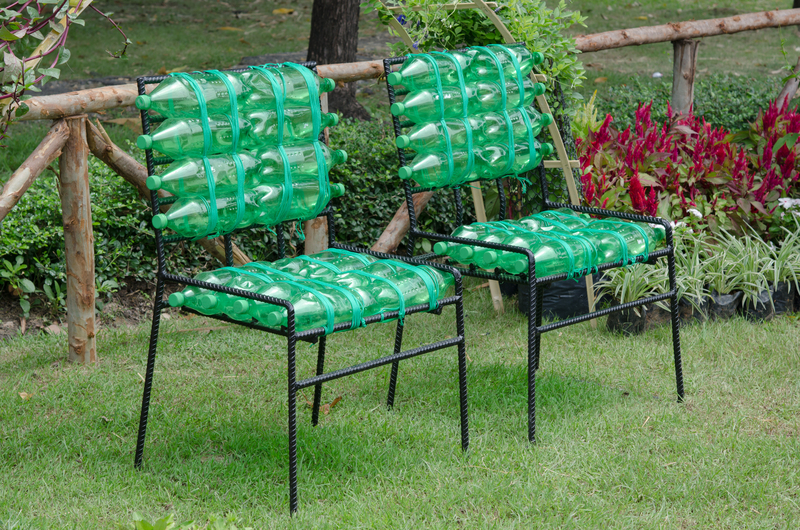In recent years, the global emphasis on sustainability has grown profoundly, with manufacturing industries being urged to adopt practices that reduce waste production. Not only does mitigating manufacturing waste drop operational costs, but it also enhances brand reputation and legislative compliance. This article provides comprehensive insights into effective strategies for waste reduction in the manufacturing sector.
Understanding Manufacturing Waste
Manufacturing waste encompasses the byproducts that are generated during the production process which do not contribute to the final product. Such waste can take various forms, including solid, liquid, or gaseous residuals. Recognizing the type and amount of waste generated is the first step towards an efficient waste management strategy.

Key Strategies for Waste Reduction
1. Adopting Lean Manufacturing Principles
The primary aim of lean manufacturing is to create more value with fewer resources by minimizing waste. Some key principles include:
- Value Stream Mapping: This involves mapping out processes to identify and eliminate non-value-added activities.
- Just-In-Time Production (JIT): Producing only what is needed when it's needed helps reduce overproduction, a significant source of waste.
- Continuous Improvement: Encourages ongoing efforts to improve products, services, or processes.
2. Implementing the 5Rs Framework
The 5Rs - Refuse, Reduce, Reuse, Repurpose, and Recycle - serve as an effective framework in manufacturing:
- Refuse: Decline materials that cause excessive waste.
- Reduce: Cut down on the amount of waste generated.
- Reuse: Utilize items more than once to extend their lifecycle.
- Repurpose: Find alternative applications for waste materials.
- Recycle: Process waste materials to extract value and recover raw materials.
3. Employing Advanced Manufacturing Technologies
Innovative technologies are transforming manufacturing landscapes by introducing ways to mitigate waste efficiently:
- 3D Printing: Allows for precise manufacturing, which significantly cuts down on material waste.
- Internet of Things (IoT): IoT devices optimize operations by providing real-time monitoring and control over manufacturing processes, reducing the waste associated with inefficiencies.
- Automation: Streamlines processes to minimize human error, leading to less scrap production.
Benefits of Reducing Manufacturing Waste
Reducing manufacturing waste extends beyond environmental benefits; it offers a plethora of advantages:
- Cost Savings: Costs associated with waste disposal are lowered significantly, enhancing profits.
- Compliance and Risk Management: Meeting regulatory requirements helps avoid penalties and litigation.
- Increased Efficiency: Streamlined processes lead to improved operational efficiency and productivity.
- Enhanced Brand Image: Consumers are drawn to environmentally responsible brands, potentially increasing market share.
Challenges in Waste Reduction
Despite the benefits, manufacturers often face significant challenges in adopting waste reduction strategies:
Initial Costs: The upfront investment for new technologies or processes can be substantial, though long-term savings often offset these costs.
Cultural Resistance: Transitioning to a waste-conscious culture may be met with resistance from employees accustomed to traditional processes. Educating and involving employees in the waste reduction process is crucial.
Technical Constraints: Limitations in current technology may restrict some waste reduction initiatives.

Case Studies: Success Stories in Waste Reduction
Examining how industry leaders navigate waste management offers invaluable lessons:
Case Study 1: Toyota's Lean Manufacturing Approach
Toyota is renowned for its lean manufacturing system, which has significantly reduced waste. Their emphasis on continuous improvement and efficiency makes them a benchmark for effective waste reduction.
Case Study 2: Unilever's Waste-Free Initiative
Unilever has committed to sending zero waste to landfill across its manufacturing operations. By 2020, they had achieved this target, through practices such as recycling waste materials and converting others into energy.
Conclusion: A Call to Action
Mitigating manufacturing waste is no longer optional; it is a fundamental aspect of responsible industrial operations. By adopting strategies such as lean manufacturing, the 5Rs, and utilizing advanced technologies, manufacturers can not only safeguard the environment but also thrive financially and competitively. Industry leaders and small manufacturers alike must prioritize waste reduction efforts to ensure sustainable growth and operational excellence.
Act now and integrate these practices into your manufacturing operations for a greener, more efficient future.